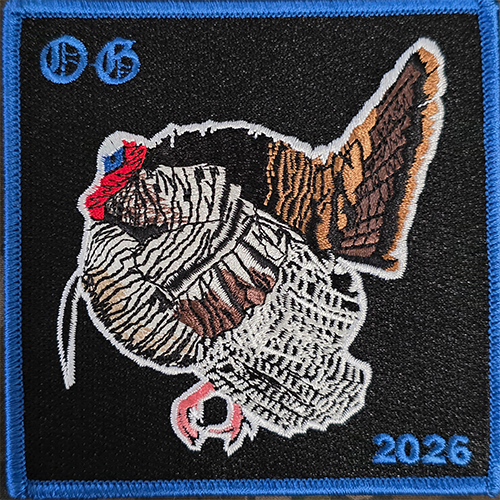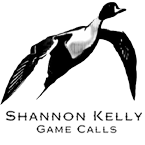        |
Gobbler Contact ClucksStarted by vthokie7227, April 24, 2017, 02:07:54 PM Previous topic - Next topic
User actions
|
        |
Gobbler Contact ClucksStarted by vthokie7227, April 24, 2017, 02:07:54 PM Previous topic - Next topic
User actions
|